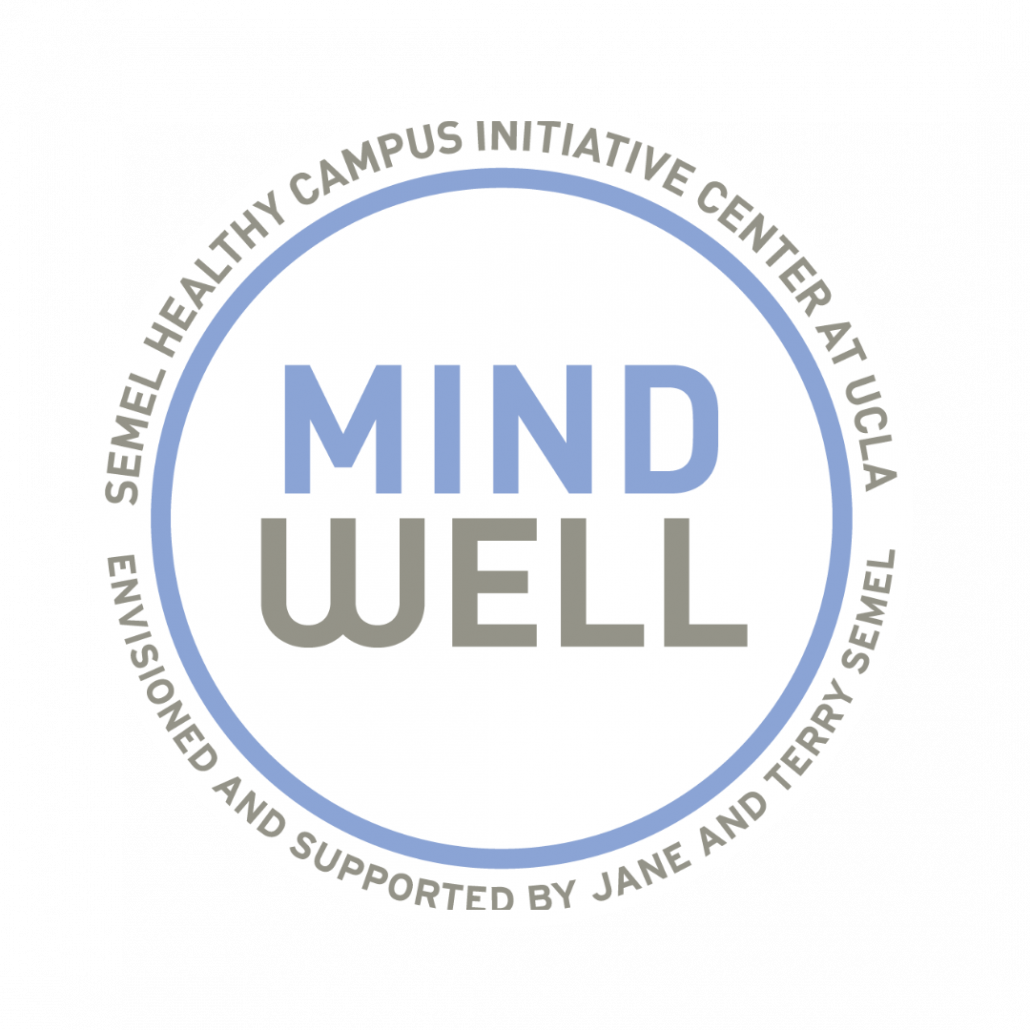How do physicians get through the tough times?
By: Karen Miotto, Professor of Psychiatry in the Semel Institute for Neuroscience & Human Behavior. She is the chair of the Medical Staff Health Committee.
Physicians sacrifice for the privilege of caring for others. Caring for people with difficult and often chronic illnesses can be a draining experience. Medical school and residency provide excellent training and conditioning to ensure that your emotional and physical needs come last. The long hours of work are fueled by caffeine and adrenaline. Sleep becomes a luxury. Exercise falls into the, “not enough” category. Friends and family adjust, or not, to the long hours and exhaustion of training and practice.
The recent changes in medicine, such as the electronic medical record, promise time efficiency and better coordination of care but require long adoption and optimization periods to appreciate the benefits. The provider and patient both have to acknowledge the keyboard and monitor as important fixtures in the examination room. The Accountable Care Act is a seismic change that is shifting the landscape of medicine in both anticipated and unpredictable ways. These stressful changes lead to hallway conversations like, “I tell my children not to go into medicine.”
Resilience requires humor, self-care, and connection. Lets break this down to smaller more manageable pieces.
Physicians need a sense of humor when friends and family recommend, “get more sleep and don’t take your work home with you.” You have to laugh, because if you did not laugh you would consider strangling the person who recommended the impossible so glibly.
Self-care requires an emotional vocabulary. Doctors become Alexithymic. Alexithymic, if you do not remember from your psychiatric rotation, is “a personality construct characterized by the sub-clinical inability to describe emotions in the self.” The core defect is a dysfunction in emotional awareness and attachment. Adaptive alexithymia allows care providers to carry on in the service of others and squeeze one more patient in at noon or at the end of the day.
Connection, whether it be venting with colleagues, or spending time with loved ones at home, is essential. While finding the time to grab lunch or dinner may be difficult, a coffee break may be just enough time to connect with someone and feel human again.
What do the uber doctors do? 15 minute naps. Meditate. Take “recess” between patients, even if it means just taking 3 deep breaths. Write down any follow-up phone calls or consultations that need to be done so you are not trying to remember 10 things at the end of the day. Take time to eat something healthy. Identify priorities, set boundaries, and say “no” to tasks you don’t have time for. Exercise. While many are walking around the medical center throughout the day, others struggle to find even 15 minutes to exercise. Make time for your well-being. Find a technique that centers your mind and allows a beginning and an end to a patient care encounter. These practices help prevent “taking the patient home with you.”
Start small. Little changes can make a big difference when it comes to getting through the tough times.

